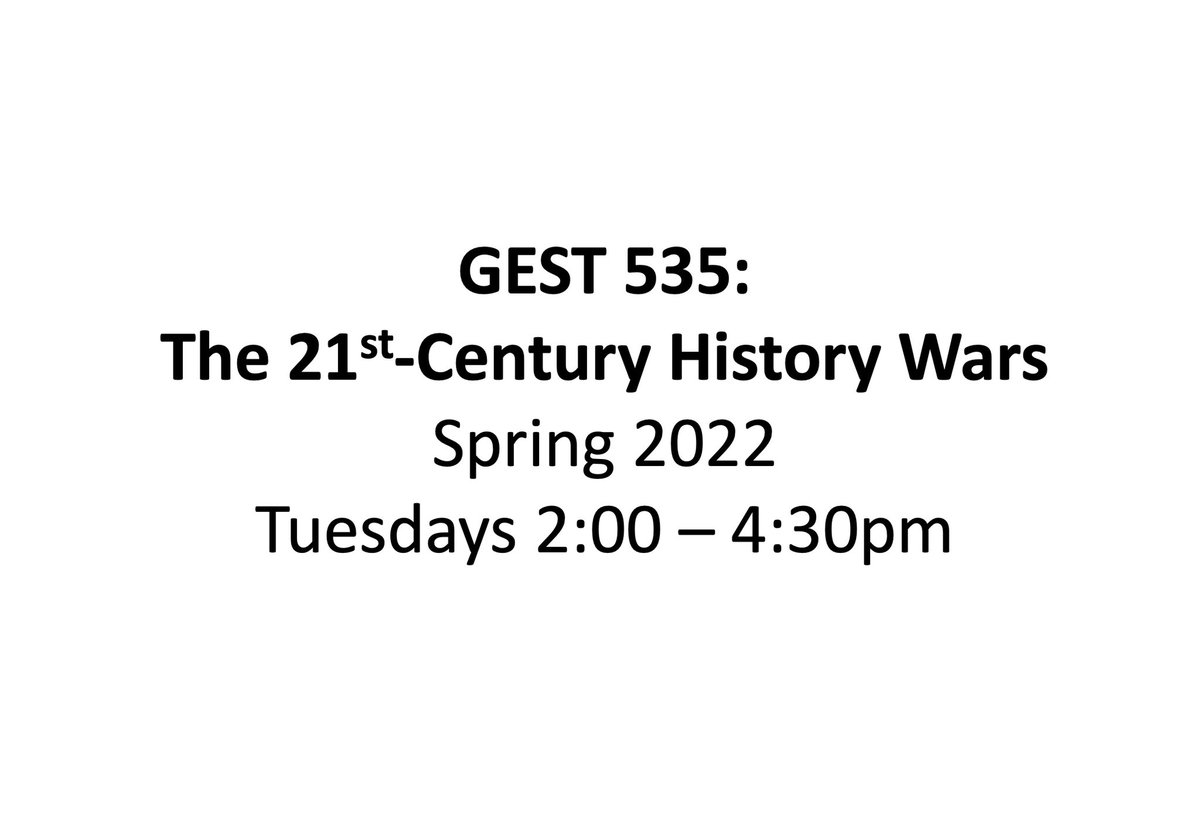
Perfect example of the slippery slope argument conservatives like to deploy to delegitimize cultural change they reject.
The actual issue: The gratuitous use of the N word in fiction faces more criticism today than it used to – is that bad?
Nichols: The road to the Gulag!
The actual issue: The gratuitous use of the N word in fiction faces more criticism today than it used to – is that bad?
Nichols: The road to the Gulag!

If we actually were “killing culture” and descending towards “a Sovietized, carefully censored culture,” I’d agree that’d be bad. But where is the evidence for that? The fact that Quentin Tarantino might get criticized if he used the N word as much today as he did in the 90s?
But, of course, once you start censoring (no one is censoring) the genius of great artists (white men, that is), once you silence them (no one is silencing), that’s clearly an indication that society as a whole is on a path to totalitarianism.
Conservatives have been warning of this slippery slope for decades, of course. As a matter of fact, deriding racial, social, and cultural change as the surefire road to the Gulag has been standard operating procedure for the modern conservative movement since its inception.
Here’s what I want to know: After so many decades of “political correctness,” “wokeism,” and “cancel culture” irrevocably plunging the country into the totalitarian abyss, where are the Gulags? Where is that Sovietized culture? Where’s the evidence?
How about we stop with the bad-faith abstractions that (deliberately) obscures rather than illuminate and stick with the actual specifics: You want to argue there’s nothing wrong with the use of the N word in a specific cultural artefact? Go ahead. Debate the substance.
The actual problem here is not the impending doom of freedom. It’s that certain people believe politics and culture should always mirror their reactionary sensibilities, the way it used to be, and they struggle to accept the loss of what they believe to be their prerogative.
Read this excellent piece by @LarryGlickman for context on the long history of conservatives decrying the imminent threat of “socialism” and deploying the slippery-slope-to-the-Gulag argument.
https://twitter.com/LarryGlickman/status/1491047042524725252
And here is @ThePlumLineGS calling on those who constantly lament “wokeism” and the threat of “cancel culture” to be specific. Be honest about what it is you want and what it is you reject - don’t hide behind the slippery slope or electoralist abstractions.
https://twitter.com/theplumlinegs/status/1491048337646235650
• • •
Missing some Tweet in this thread? You can try to
force a refresh











